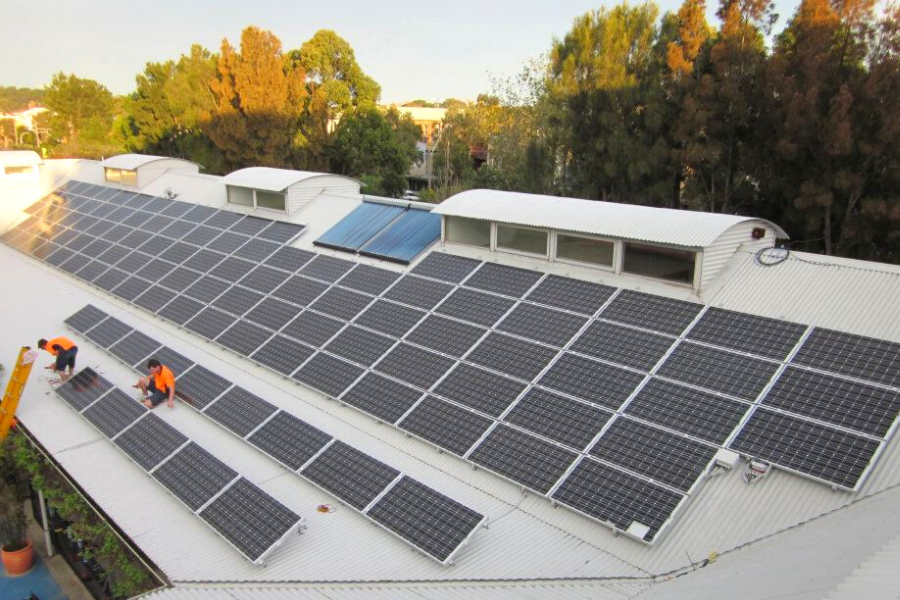
Getting a solar system for your home can give you the opportunity to save on your electricity bills. But it is very important that you get the right system for your needs. How much power you use, what you have available to spend, and other factors will all play a role. Here are some of the most important things you should consider before choosing your new system.
How Many Solar Panels Do You Need for Your Home?
The peak output is what you want to look at when deciding the number of solar panels to use for your home. That output, though, is for a perfect, sunny day. You will not see the same level of output when you have overcast conditions or if a part of your roof is frequently blocked or shaded by trees or other buildings. How many panels you need, though, will come down to two things: how much energy you use, and how much you have or want to spend on the solar panel system. An additional consideration will be the size of the roof where you’re placing the panels, as there is only so much space available for them.
Understanding Electricity Consumption Patterns to Determine Output
The ways in which you use electricity matter when deciding how many solar panels you will need or what size system will be the best for your specific situation. Using electricity more evenly throughout the day can mean the need for a smaller system, mostly because there is not going to be a large drain on the system at any point during a 24-hour period. If you have a large home and family, though, or you use a large amount of electricity at one time, having a large system or more panels can be the right choice.
How Much Are You Prepared to Spend?
The amount you want to spend for your solar system is an important factor to consider. Some people even borrow against their mortgage in order to buy a larger system with the idea that it will pay off for them in the long run. That is not right for everyone, but it is well worth discussing when it comes to how you plan to fund your system and whether you should choose a larger one instead of a smaller one that may be more affordable up front.
Average kWh Per System Size
The average number of kWh (kilowatt hours) can be calculated with the understanding that every one kW of solar panels, you can expect to get about four kWh per day of electricity. That’s a rough estimate, and the amount can vary slightly from day to day. How much sunlight you receive, the time of year, and your location, as well as how the panels are oriented, all play a role in the actual production of electricity from your solar system.
By working with a good installer, you can focus on how many panels and the size of the system with confidence that you are getting quality answers to your questions. That will give you the maximum value for your new solar system.
If you are interested in installing solar on your Sydney home, contact Soltek Energy to get a quote.
